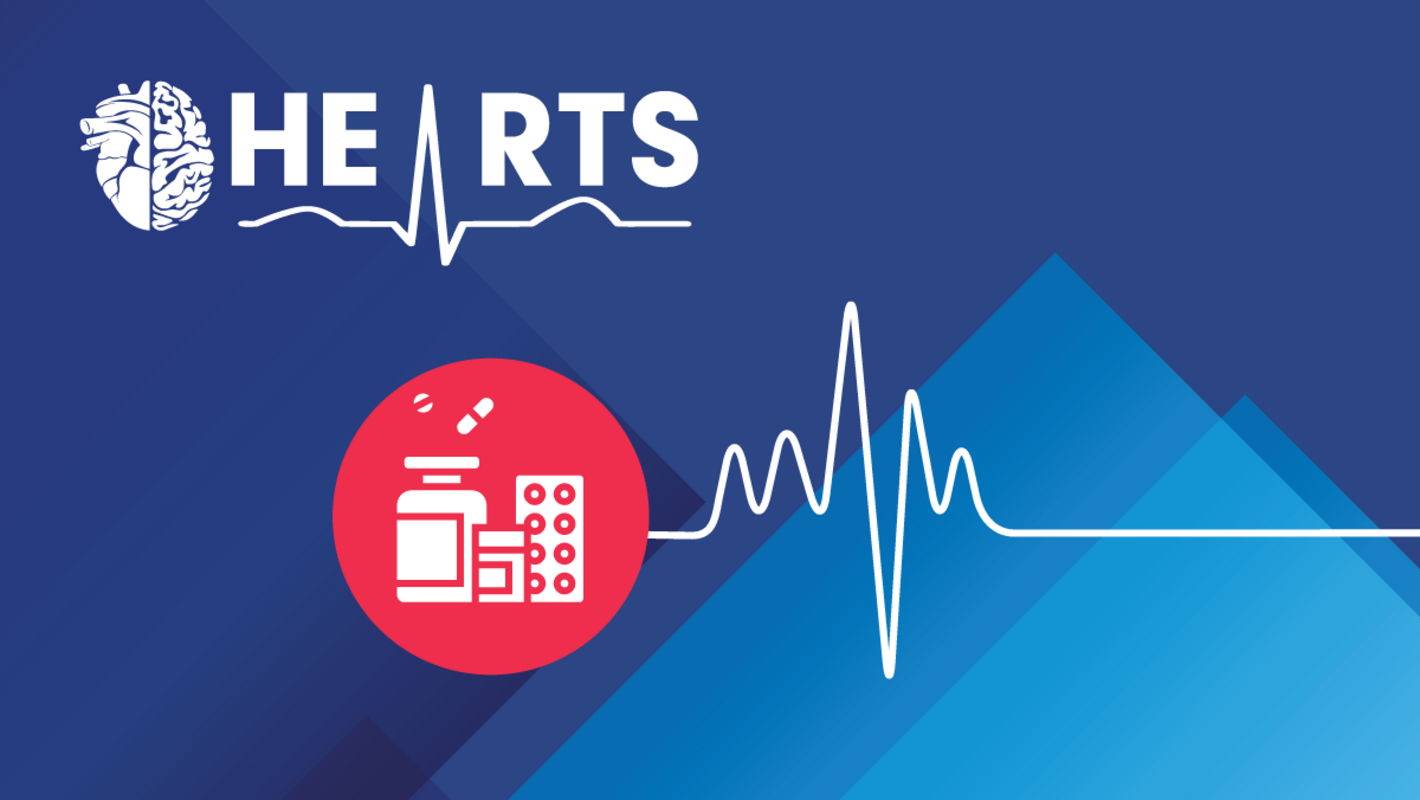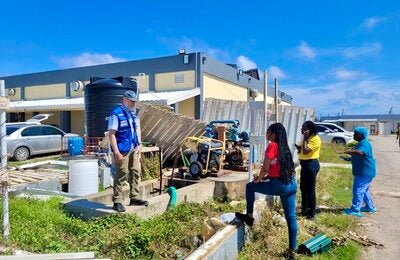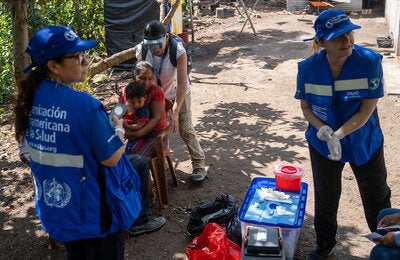
Washington DC, 30 April 2021 (PAHO)—The Pan American Health Organization organized the webinar “Standardized Hypertension Treatment Algorithms and PAHO Strategic Fund for Universal Health - Opportunities to access quality medicines at competitive prices” on Thursday, 15 April 2021.
The HEARTS model brings a consistent, proven treatment methodology for hypertensive patients through the use of standardized treatment protocols, which are adapted to the local context of each country. Combining the adoption of these protocols with universal access to quality essential medications will improve hypertension control in primary health care across the Region of the Americas.
The activity brought together PAHO, Resolve to Save Lives, its partner in the HEARTS Initiative, and experts to present how the alignment of standardized protocols for the treatment of hypertension and national essential medicine lists, and a pooled purchasing mechanism are key to improve universal access to health.
The debate was moderated by Dr. Pedro Ordunez, Advisor on Cardiovascular Health at PAHO, and counted with the participation of Dr. Jennifer Cohn, Vice President of the Resolve to Save Lives Initiative, Dr. Donald DiPette, Professor at the University of Southern Carolina School of Medicine, Christopher Lim, Chief of the PAHO Strategic Fund for Public Health Supplies.
Dr. Cohn identified the components of the WHO Hearts hypertension control, focusing on the advantages of adopting simple algorithmic management protocols. Dr. DiPette explained the HEARTS methodology to develop standardized treatment protocols, including the stepwise approach, and the advantages of single-dose combination as the initial treatment step.
Christopher Lim presented how the Strategic Fund is supporting countries in improving access and availability of essential public health supplies. “HEARTS program in the Americas is a holistic approach that integrates the Ministries of Health, policymakers, clinicians, academia and the health care providers towards the consistent goal of cardiovascular disease risk management,” he said. “PAHO Strategic Fund, being the regional technical cooperation and pooled procurement mechanism is closely aligned with the program to improve access to essential medicines and technologies for the Member States.”
The PAHO Strategic Fund is a regional technical cooperation mechanism for pooled procurement of essential medicines and strategic health supplies, with the goal to ensure affordability. The Strategic Fund is a central component of PAHO's strategy to move towards Universal Health. The products purchased through the Fund meet international standards in safety, efficacy, and quality.
In 2019, the Strategic Fund supported the implementation of the HEARTS in the Americas initiative to improve the access, availability, and affordability of cardiovascular medicines through scale-up and institutionalization of country-led projects. In 2020, the PAHO Strategic Fund has successfully completed an international competitive bidding process and established Long Terms Agreements for 15 antihypertension medicines for the 2021–2022 period. They include new pharmacological categories and formulations of fixed-dose combination antihypertension medicines, which have already been included in the national treatment protocol of most HEARTS implementing countries and have been recommended by WHO to improve hypertension control, patient adherence and support programs for cardiovascular diseases.
Murilo Fleitas, Strategic Fund Medicines Prequalification, presented on the “WHO list: Process of inclusion into the Strategic Fund portfolio and quality assurance of medications.” Jordi Balleste, Strategic Fund Procurement, presented on “Process for planning and procurement follow up. Demand forecast and planning and benefits of demand consolidation. Description of the procurement process.”



